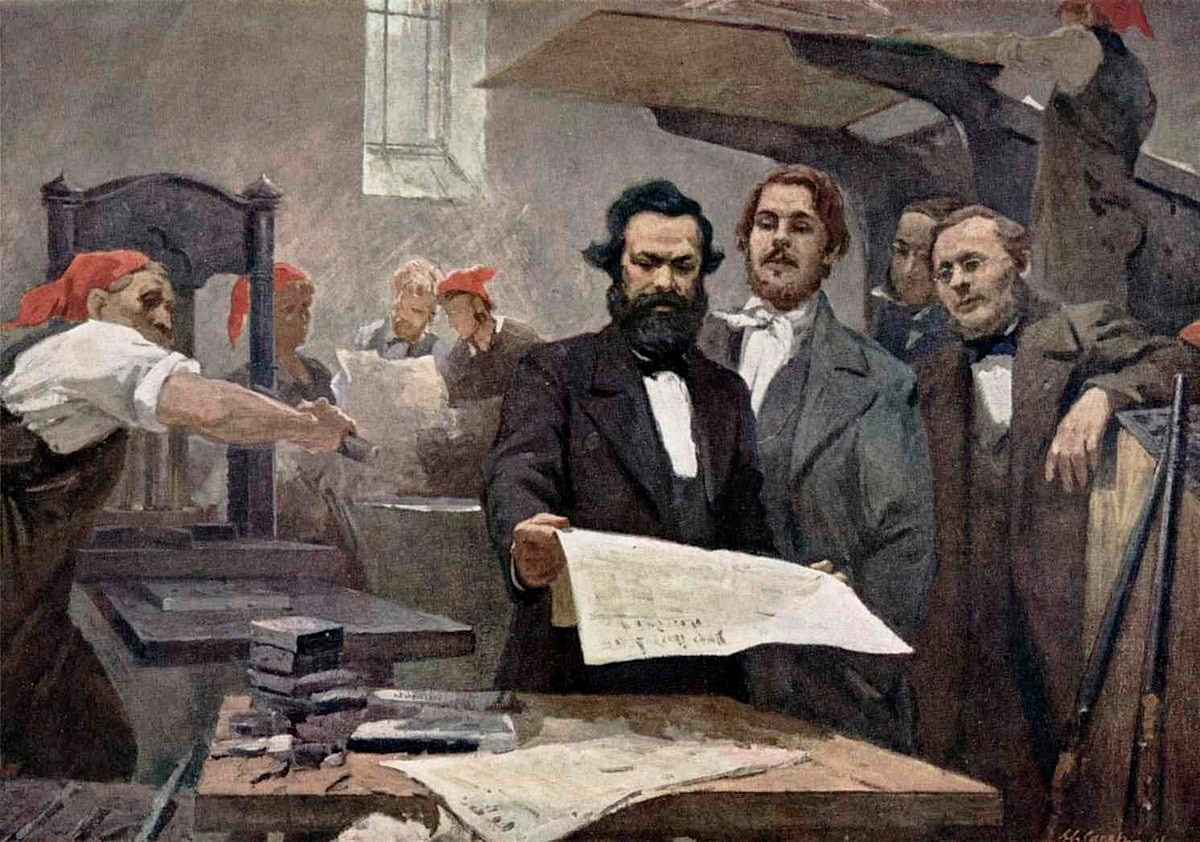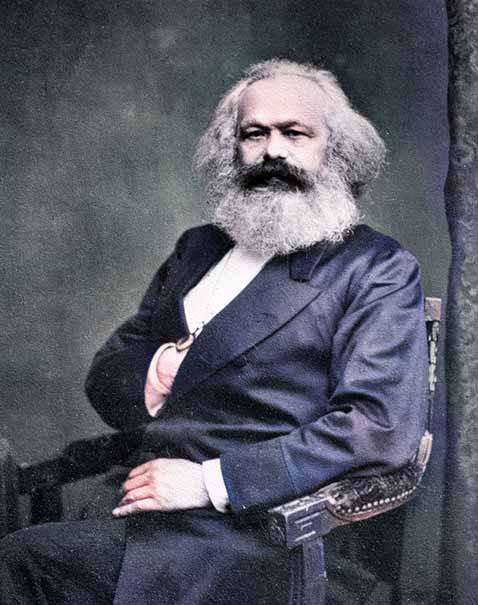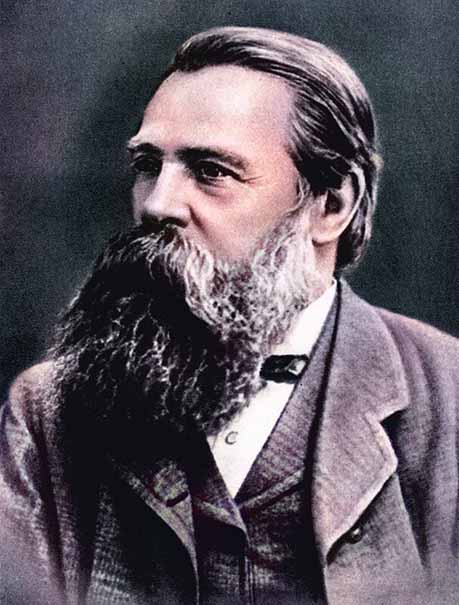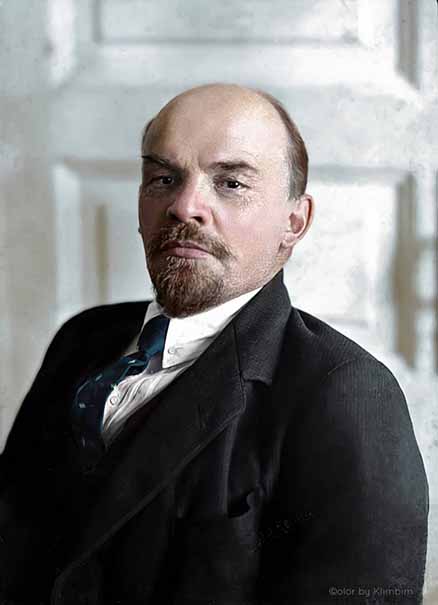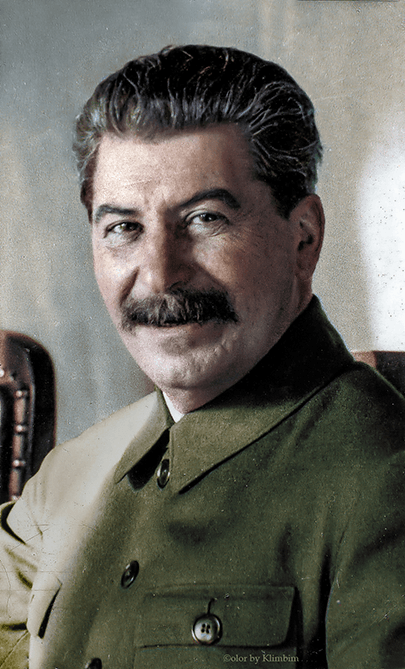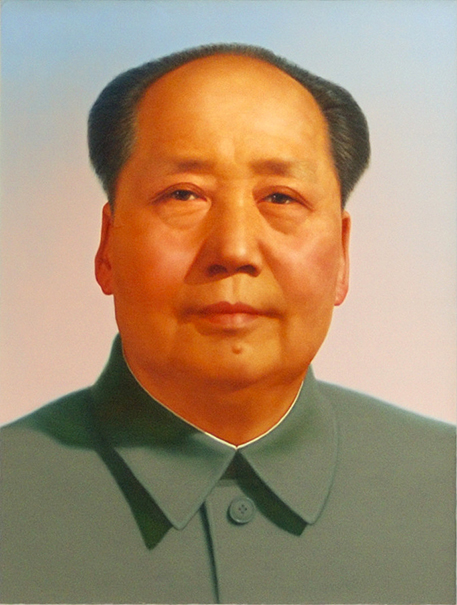More languages
More actions
Introduction
Marxism is a scientific worldview and school of thought first developed by Karl Marx and Friedrich Engels in the mid 1800s.
Marxism as a framework contains three components: the philosophical side (dialectical materialism), the economic theory (labour theory of value), and the political analysis (class struggle). Used together, Marxism becomes a very powerful tool with which to analyze the world and the contradictions inherently present in capitalism that inevitably create the foundations for socialism and then communism.
Marx and Engels themselves did not invent socialism, as several theorists had already coined the term and used it. However, these thinkers lacked a grounded framework with which to advocate for socialism and bring it about in society, and became known as utopian socialists. Marxism instead analyzes the world through its three components and, due to this methodic approach, became known as scientific socialism.
Since the 19th century, Marxism has then developed into several different currents of thought, such as Marxism-Leninism, Maoism or Mao Zedong Thought, Ho Chi Minh Thought and many other schools of thought.
Concepts
Lenin wrote the three sources and components of Marxism to be:
Economics
Philosophy
Start here:
Then follow up with:
- Dialectical materialism
- Materialism
- Historical materialism
- And its opposite, Idealism
- Materialism
- Dialectics
- And its opposite, metaphysics
Class struggle
And historic events:
Library works
We recommend works from the most important theorists of communism:
People

There have been many important people to Marxism. Below, in alphabetical order, are some of them: (not actually alphabetical yet)
Historical gallery
Parties
| Part of a series on |
| Communist parties |
|---|
Countries
Sorted by date of proclamation:
Former Existing Socialism
Currently Existing Socialism

